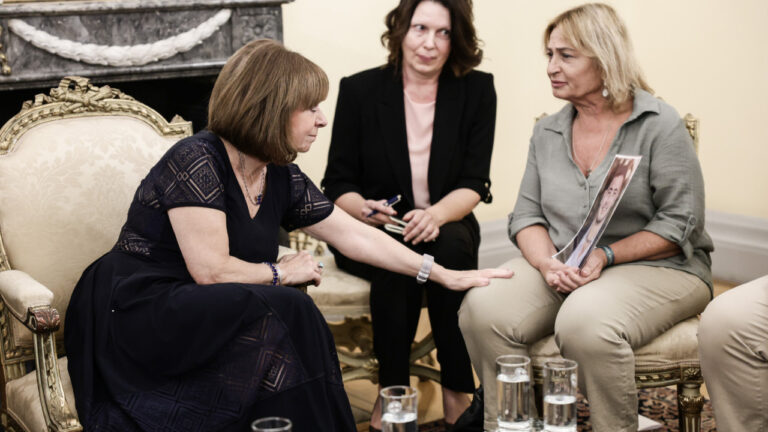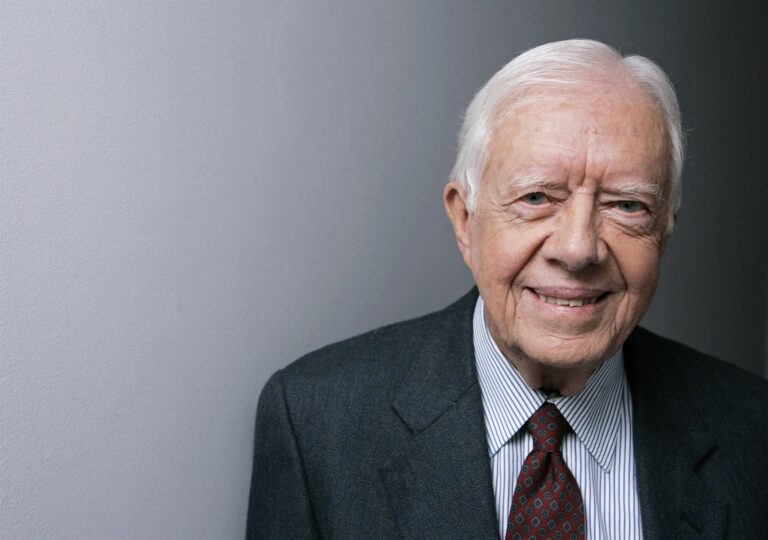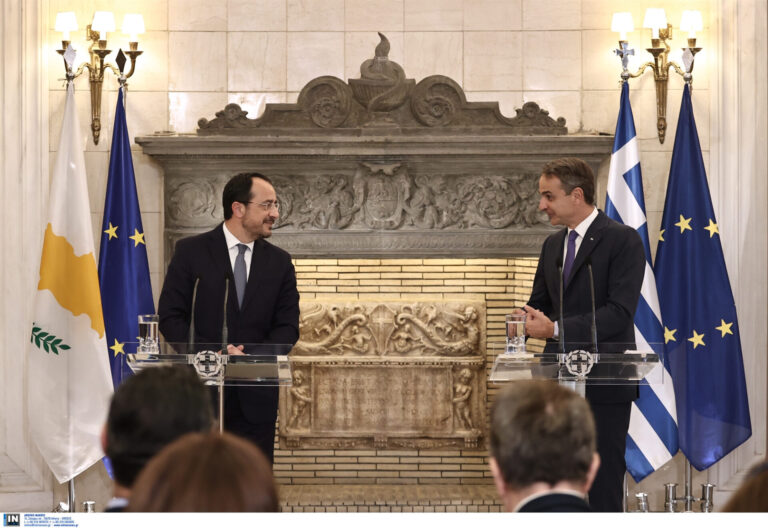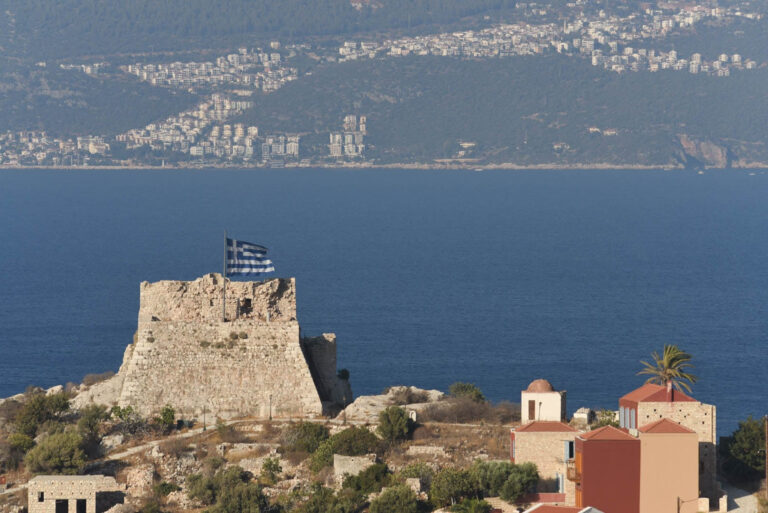An engaging discussion on prospects for the MENA region’s confectionery and snacks sector offered a key highlight of this year’s ISM Middle East event, reports Neill Barston. The five-strong panel event delivered a new element for the major confectionery showcase, which concluded on Thursday, after attracting more than 330 exhibitors from around the world.
Once again, one of its core areas were the dedicated national pavilions, with especially prominent showings from Turkey, Iran, Greece, the US, Brazil, and a small delegation of several British businesses.
Confectionery Production played its part in the coverage for the event’s panel debate, which explored topics including importing into the region, distribution challenges, and how the industry has remained buoyant despite major background issues including ingredient inflation and the ongoing war in Ukraine disrupting supply chains.
The debut panel included Milad Rouhana, MD Middle East, Africa, Pakistan, at Perfetti Van Melle, Anastasia Panagiotidou, export manager at Greek confectionery business, Jannis, Karsten Daum, director of German Sweets, Sabine Krafzel Khourdaji, financial director at import firm G.A.A.S.T, and Juan Mejia, category leader bakery, bars and confectionery, MEA and Turkey, at IFF.
Karsten Daum (above) said: “Our companies from Germany are convinced of the very big potential in MENA, with volumes that are already going to the countries in the region.
“When we look at the market and the political developments, we see a great dynamic here, and big growth as well, with its economies, cities and infrastructure. This is of course a very much supportive towards larger consumption rates within the whole FMCG market, and we can see how we can benefit from this as the German confectionery industry.”
Moderator for the event, Katharina Buschjager, director of ISM Middle East (see our exclusive video with her on this year’s event here), asked Sabine Krafazel Khourdaji, what were the key market expectations in Dubai and wider region, with a total of 190 nationalities living and working alongside each other.
“From our experience, 198 nationalities in the region, means this market is very diverse. In order to be successful here, you have to look at brands and products which have worldwide interest. You can’t really go into a certain category and just say you want to go for Arabic tastes, or European tastes.
“That is the case for example in the UAE for example, where there are 10 million inhabitants, so you have to have products that have a long shelf life, they need to be stockable ranges. For people who want to import, they have to remember that customers, such as hypermarkets, expect 60% remaining shelf life of products they are to sell. That’s quite an obstacle when you start to launch products, and something you have to be aware of.”
Market expansion
For her part, Anastasia Pantagiotidou, of G.A.A.S.T struck an optimistic note on the possibilities for companies seeking to gain traction within the region. Indeed, as Confectionery Production has previously reported, the region’s broader food market has recently been put at more than $300 billion in 2022, serving-up significant potential for both existing and new players within the region.
“There are a lot of requirements in the market, including Halal, and different pricing structures and packaging adaptations for different networks here, but these are just what is required. What can make things easier? To differentiate, to have a product that makes a difference, and is innovative.
“I am lucky to be part of the Jannis family, and what the company does is create innovative products through respecting traditions, as well as listening to consumer preferences in and trying to exceed their expectations.
“So, by creating these ranges that are high protein, no added sugar, vegan and dairy free, and no preservatives, all within the same product. The wider market is saturated with products that are not so healthy, using things like palm oil for example, so when you’re making the difference, things are easier. When we received an award from ISM previously, it really made our products more recognisable,” adding that the foundation of its research and development has been a sense of dedication to its customers to deliver the best possible experience for them.
Notably, Juan Mejia added to the debate in raising the point that while there are challenges in the market as it strives to create ranges that are price-conscious, there remains a strong demand for premium ranges.
In his view, this especially extended to the development of confectionery series, given that such products are generally considered luxury occasional indulgences, meaning that consumers have been willing to pay more for their favourite lines of chocolate or sweets.
Milad Rouhana, of Perfetti Van Melle, observed that there are indeed growth opportunities within the region’s confectionery, sector as a whole. However, he urged a note of caution, that considering specific difference of each of its respective nations is of paramount significance.
He said: “The population of the MENA region is around 500 million, so it is not small, and we all want to sell in this area. We have a sweet tooth as Arabic people. We love sweets, and we love snacking – everywhere in the world people have a couple of snacks, but here, we have two, three or four snacks. So it’s a very important market here – we need to be careful. The MENA region is not a country, it is made of different nations that all have differing specifications.
It’s very important for people looking to come into this market for that they look at their portfolio and where it will fit in to these countries. It starts with finding the right partnerships- this region still has a lot of white spaces yet to fill in terms of products, so there’s room for more people coming here, but you have to do so with the right consumer understanding.”
– ISM Middle East has confirmed it is set to return for alternate dates for 2024, between 24-26 September.
Source: Confectionary







